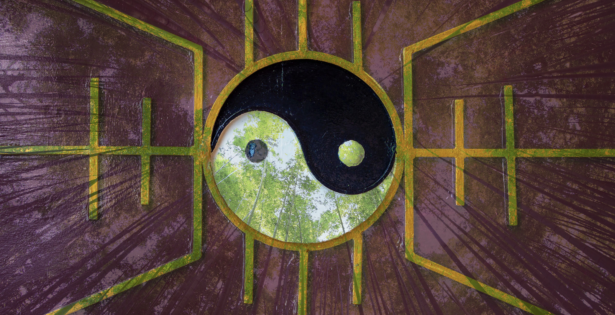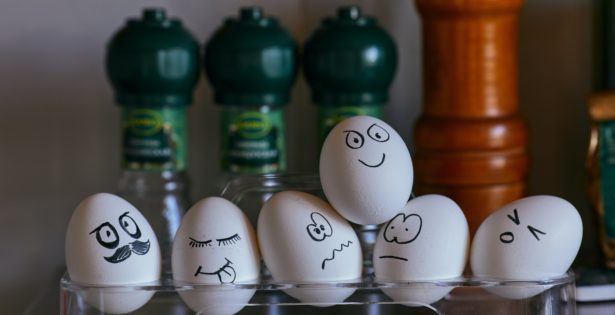In the early years of my practice, I studied with an expert in Chinese pulse diagnosis. He had studied under a Chinese doctor named John H. F. Shen who was… Read More
balance
The Biggest Change in the World
In summer I like to explore and teach about the Fire Element. Summers are dominated by that big fireball in the sky, which has recently been bringing us some extreme… Read More
How to Have a Healthy Relationship With Anger
Previously I wrote about spring and the role of the wood element in our lives (from the perspective of Chinese five element philosophy). We all contain this and the other… Read More
What’s Better than Video Games? Peace, Balance, and Perspective.
One of the things I love about Traditional Chinese Medicine (TCM) is its ability to distill complicated problems down to simple ones. If you were to look in a textbook… Read More
Conversations with Briana: Finding your Balance
In this video, Briana shares some detailed tips on how she lives in her center so she can return to a balanced state when she starts to wobble. We’d love… Read More



 Cart
Cart




